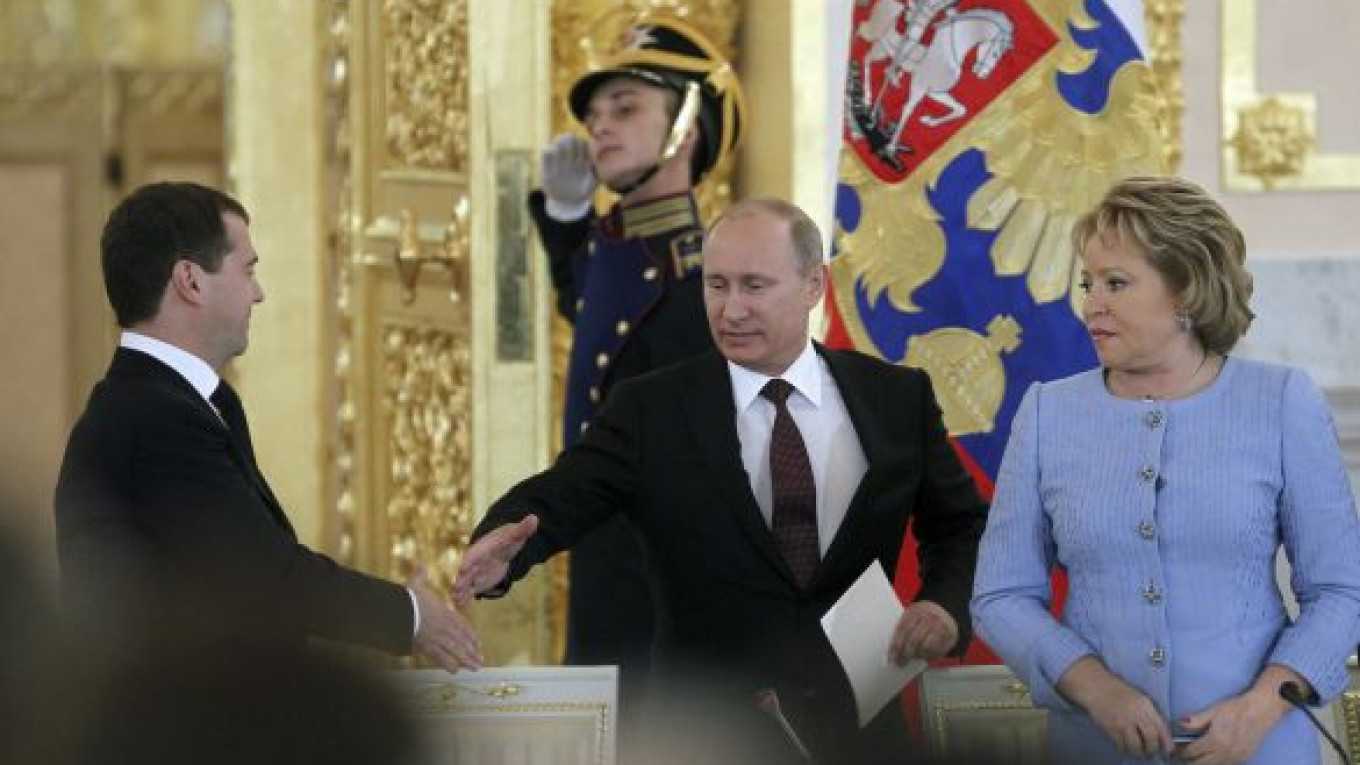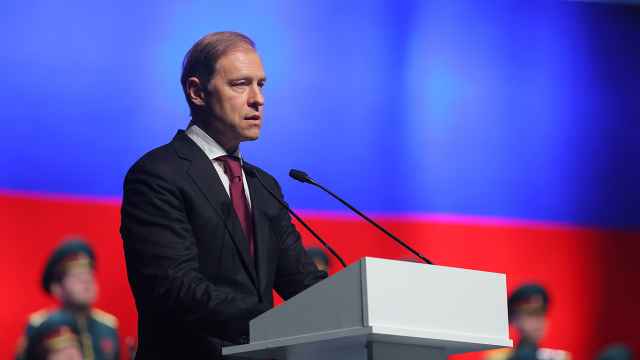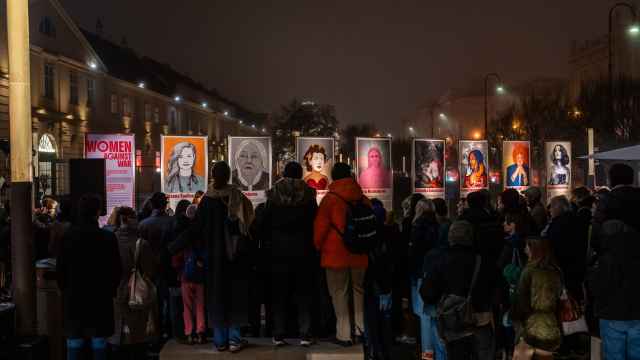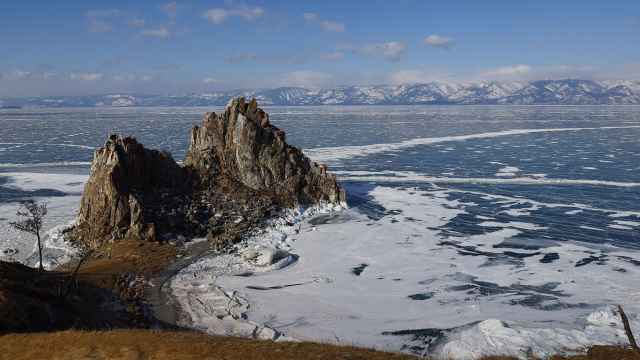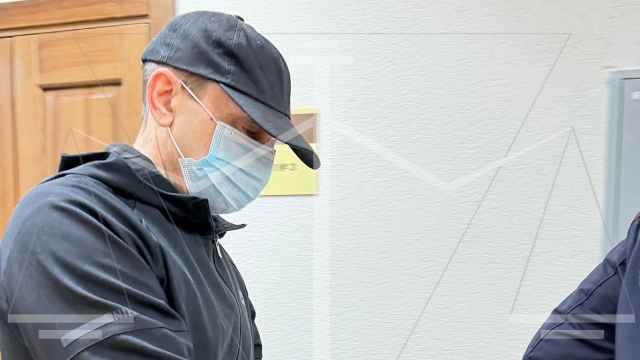President Vladimir Putin said Tuesday that Russia's rich-poor divide is unacceptably wide and promised renewed efforts to decrease the gap in earnings.
"In our country, there remains an inexcusably large discrepancy in incomes," Putin told a meeting of the State Council, an advisory body to the president, Interfax reported.
"Unfortunately, 13 percent [of the population], or roughly 18 million people, still live below the poverty line," Putin said, without specifying the income level used to calculate the metric.
Among measures to solve the problem, Putin outlined government plans to provide an economic boost by raising the country's labor productivity.
"Solving social problems is directly linked to increasing labor productivity. We aim to raise it by 1 1/2 times through modernizing outdated production and creating high-technology production, and by attracting long-term investments to every region," Putin said.
He also called on officials to apply the support-for-business guidelines laid out by the Strategic Initiatives Agency, a nongovernmental organization established by Putin to support medium-sized enterprises and improve the business climate.
Measures aimed at raising the standard of living in Russia's regions featured prominently in Putin's State Council address.
In particular, the president backed raising public-sector salaries and fostering competition in far-flung corners of the country.
"We must finally change society's attitude toward people who take responsibility for themselves in order to improve their welfare. We must cultivate respect for these people and their work, create an atmosphere in the regions of openness and honest competition," Putin said.
Speaking about other issues, Putin suggested that more unused land be allocated for housing and farming.
Among the points he made were the following:
"The biggest landowners among the federal authorities are the Defense Ministry, the Agriculture Ministry, Russian Railways and the Academy of Sciences, and 95 percent of their land is not being used," he said.
Putin said land reform, which was launched after the Soviet Union's collapse in the early 1990s, was not over yet, and he called for successfully completing it, linking the issue to resolving the overall housing situation in the country.
"We don't intend to let a historic chance to radically change the situation in the housing industry pass us by," Putin said. "We've been working on this for a hundred years already, and it's not resolved. … It's the most urgent problem in the country."
At the same meeting, he asked the Finance Ministry to consider introducing tax breaks on iron ore deposits that are difficult to access. The idea to reduce the tax burden on iron ore production was first proposed by Alexander Abramov, head of steelmaker Evraz, at a meeting in Magnitogorsk chaired by Putin on Monday.
Addressing recent complaints by business leaders, Putin also proposed suspending the arbitrary closure of customs offices by Russian authorities until a more transparent customs clearance system is created.
A Message from The Moscow Times:
Dear readers,
We are facing unprecedented challenges. Russia's Prosecutor General's Office has designated The Moscow Times as an "undesirable" organization, criminalizing our work and putting our staff at risk of prosecution. This follows our earlier unjust labeling as a "foreign agent."
These actions are direct attempts to silence independent journalism in Russia. The authorities claim our work "discredits the decisions of the Russian leadership." We see things differently: we strive to provide accurate, unbiased reporting on Russia.
We, the journalists of The Moscow Times, refuse to be silenced. But to continue our work, we need your help.
Your support, no matter how small, makes a world of difference. If you can, please support us monthly starting from just $2. It's quick to set up, and every contribution makes a significant impact.
By supporting The Moscow Times, you're defending open, independent journalism in the face of repression. Thank you for standing with us.
Remind me later.


